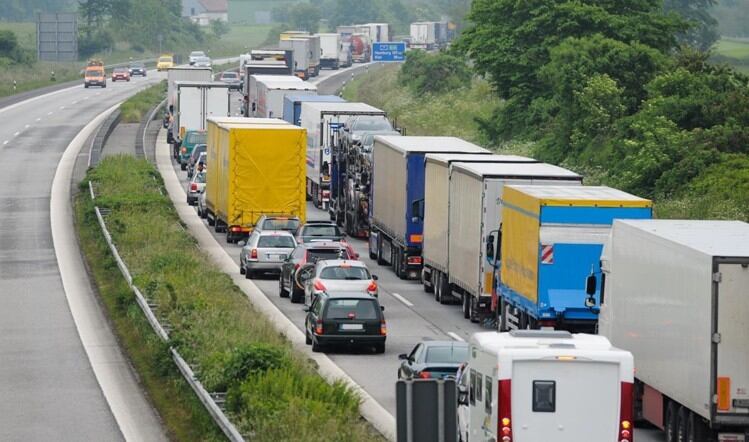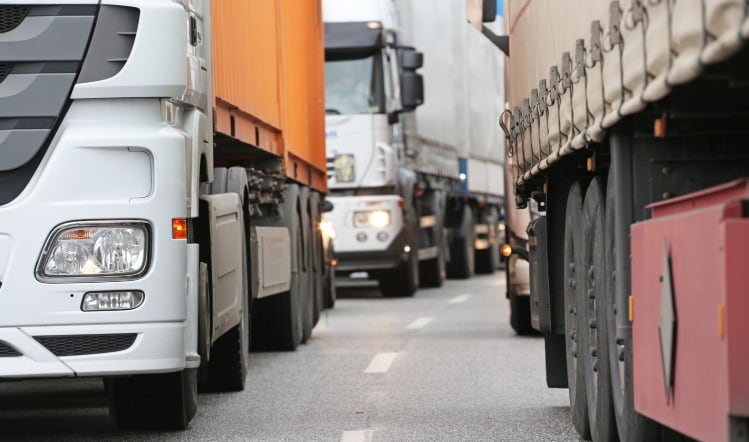A recent report claims access to EU workers would only marginally improve the heavy goods vehicle (HGV) driver shortage that has hampered distribution of fuel to petrol forecourts - read our analysis of the situation. Meanwhile, a spokesman for the British Meat Processors Association (BMPA) told Food Manufacture that, outside of the obvious logistics problems with getting deliveries of product between plants and into supermarkets, the meat industry had additional but less obvious vulnerabilities to the fuel crisis.
“There are a number of critical workers whose presence is relied on to keep meat factories running,” they explained. “Meat inspectors are the people who physically stamp every carcase to denote that it is fit for human consumption so it can enter the food chain.
“Vets must be present to inspect operations from an animal welfare perspective and also sign off critical documentation to certify standards are being met.
Unable to travel to sites
“The people who perform these roles often work across multiple meat plants over a wide geographic area. If either of these roles are absent due to their inability to get petrol and travel to the sites, production instantly slows down in direct proportion to the time they’re not able to work.”
The BMPA said it had heard reports from a couple of companies already that were missing some of these key workers. The situation had not yet caused any plants to completely shut but it was monitoring the unfolding situation very carefully, it confirmed.
Commenting on the effect the shortages have had on the chilled and frozen supply chain, Cold Chain Federation policy director Tom Southall said: “The supply to fuel stores at cold chain depots is currently not experiencing any major disruption, so temperature-controlled food storage and distribution services are not directly affected by the forecourt issues which are largely being driven by a change in public behaviour.
“We continue to monitor closely whether indirect impacts could develop if, for example, cold chain people face challenges accessing the fuel they need to get into work.”
Minimising disruption
British Retail Consortium director of food & sustainability Andrew Opie said retailers were working hard to minimise the current fuel crisis and putting in place all necessary measures to meet the current high level of demand.
“There is plenty of fuel for everyone and we urge consumers to be considerate of others and fill up as they normally would,” he added.
However, he laid the blame for disruption to the food and drink supply chain squarely on the shoulders of the continuing deficit of HGV drivers – a shortfall of 90,000 on last count.
“Retailers are working hard to attract and train new drivers through increased pay, bonuses, and new driver training schemes, as well as directly supporting their suppliers in the movement of goods,” Opie continued.
“However, Government can alleviate the driver shortage by rapidly expanding the size and scope of the recently announced visa scheme for HGV drivers.”





